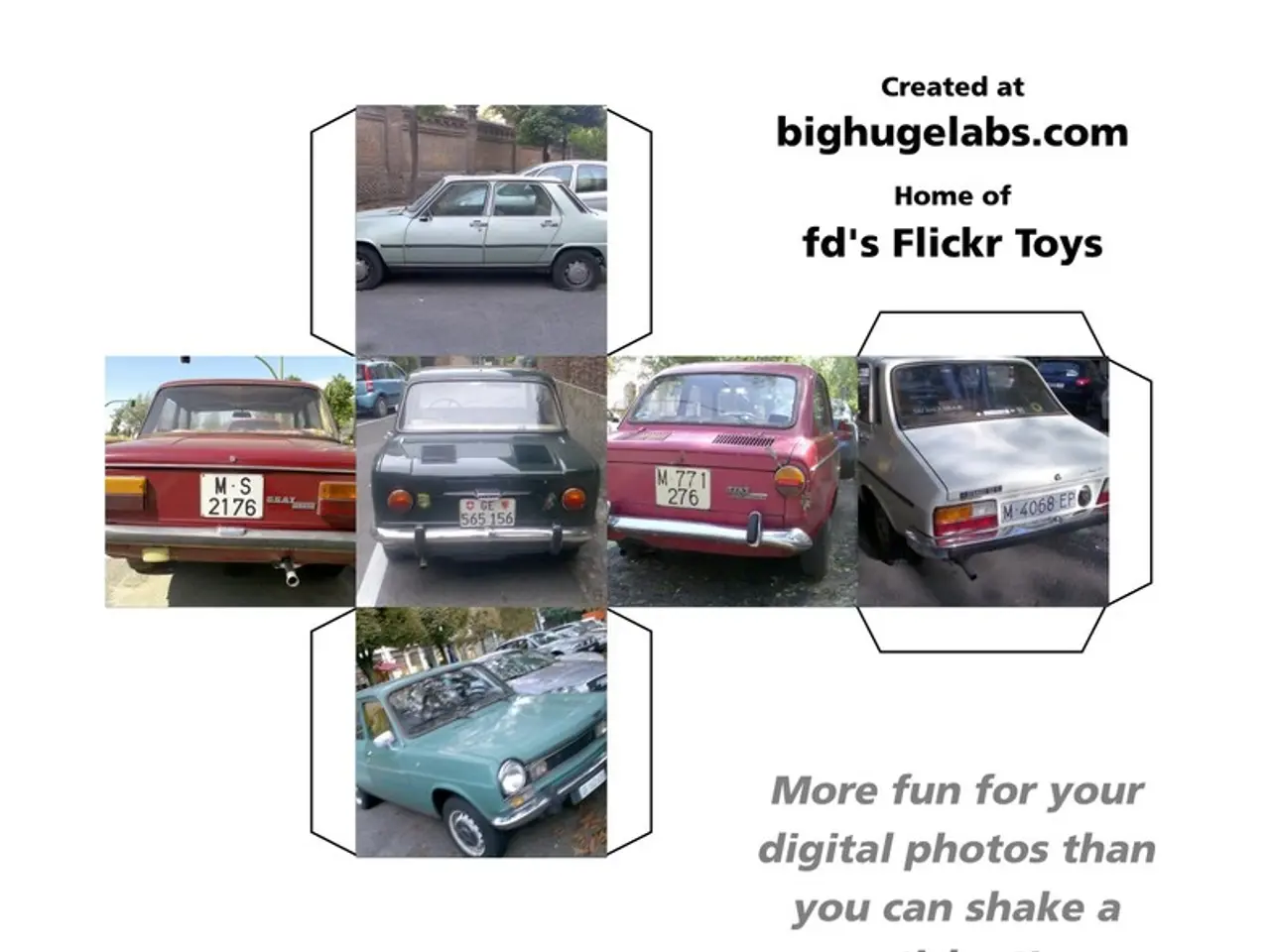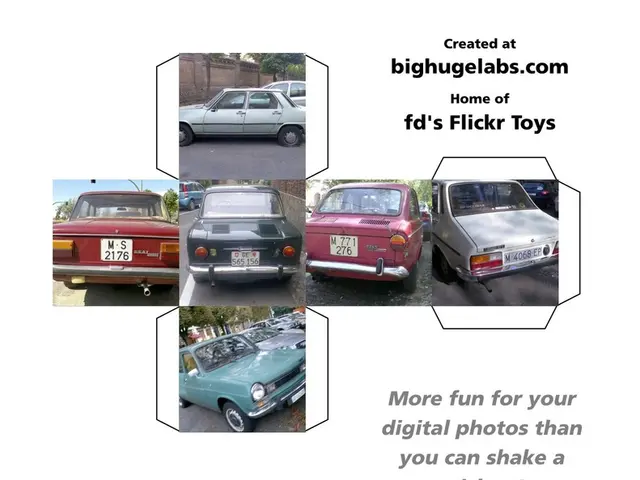Automakers Adjust EV Production Plans Amid Market Shifts
Automakers are adjusting their electric vehicle (EV) production plans due to shifting market demands. Despite an initial manufacturing surge, companies are now tempering their expectations for 2024. Economic uncertainties, charging infrastructure gaps, and unclear federal policies are cited as key challenges.
Several automakers have announced battery production plans. Li Auto is set to commence production in 2024 through a joint venture with SEVB. Toyota will follow suit in 2025 at its North Carolina factory. Meanwhile, BYD is expanding its foreign investments in EV markets, though no specific new factory start date has been given.
The industry is also grappling with broader issues. The aftermath of the Big Three's deal with the United Auto Workers union continues to impact new EV battery plants. Additionally, automakers are pushing to diversify their supply chains away from China, aiming to reduce reliance on a single source.
As the automotive industry recovers from pandemic-induced disruptions and looks towards 2024, it faces a mix of opportunities and challenges. While battery production plans are underway, economic headwinds, charging infrastructure gaps, and policy uncertainties may slow EV adoption. Meanwhile, automakers are working to diversify their supply chains and manage the fallout from union deals.
Read also:
- Klinikum Landshut Recognized for Exceptional Care in Breast Cancer, Urology, and Orthopedics
- Sony Honda Mobility Expands to Fremont, Bringing Innovative Vehicles to Local Roads
- ZF Announces Major Restructuring Plan to Tackle Debt and Costs
- Aston Martin could potentially fit the Valkyrie race car with a straight pipe exhaust system.








